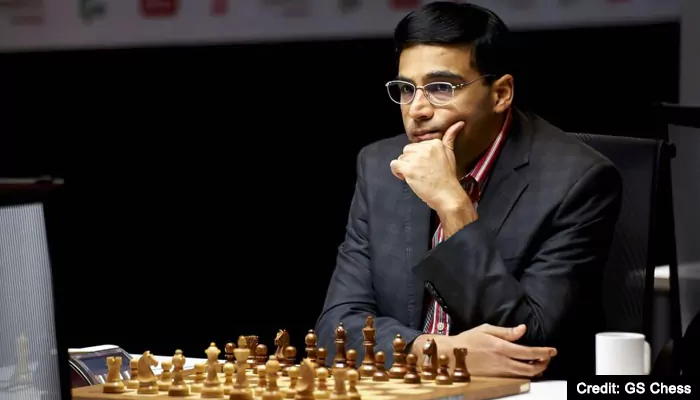
In a cricket-mad nation, one man quietly changed the game-without a bat or a ball
It's August-Independence Month in India. While stadiums and streets are filled with tricolour celebrations, it's the perfect time to reflect on the moments that shaped Indian sport. Sometimes, those moments occur far from the roar of crowds. No sweat-soaked pitches. No cricket chants. Just a chessboard, a clock, and the quiet click of pieces-where one man made India believe it could be a world power in a game of pure intellect.
That man is Viswanathan Anand-the "Tiger of Madras"-whose rise from a young prodigy to a five-time World Chess Champion transformed chess from a niche hobby into a national obsession.
Anand learned chess from his mother at age six, but it didn’t take long for him to outgrow the living room board. By his teens, he was already a force in India's chess scene. His uncanny ability to think quickly earned him the nickname “Lightning Kid,” especially in rapid formats where split-second decisions determine everything.
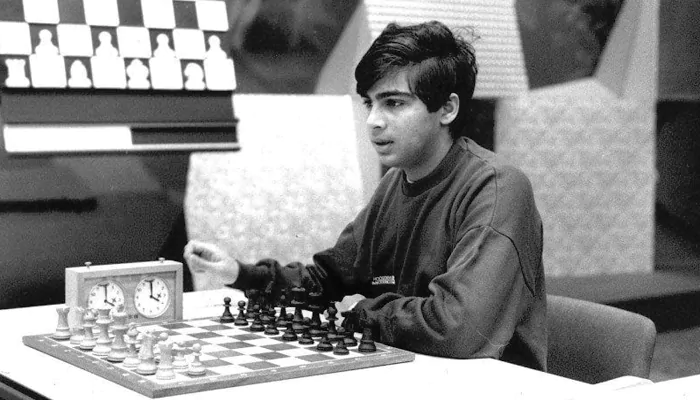
Credit: Chess Base
From the 1980s onwards, Anand wasn’t just winning games-he was breaking barriers. In 2000, he became the first Indian to win the World Chess Championship, defeating Alexei Shirov in a thrilling six-game match. This wasn’t just a personal triumph; it was a signal to the world that India could dominate in a sport that had long been the playground of Russian grandmasters.
What distinguished Anand was his versatility. He could succeed in classical, rapid, and blitz formats-an all-round mastery few could rival.
World Rapid Chess Champion - 2003 and 2017
World Blitz Cup - 2000
Undisputed World Champion - 2007, defending the title against players like Vladimir Kramnik, Veselin Topalov, and Boris Gelfand.
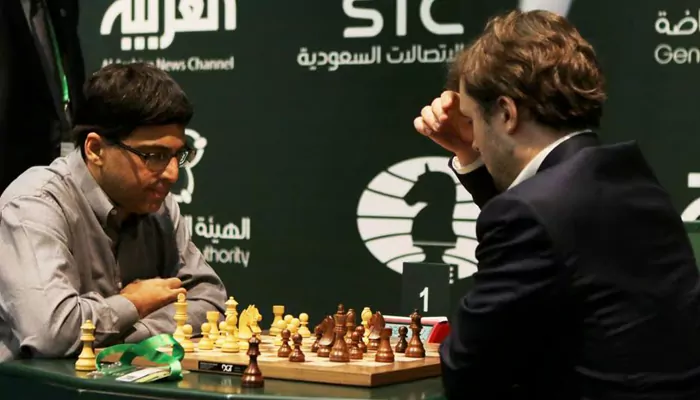
Every victory added another layer to his already legendary status. In a cricket-obsessed country, here was a man proving that quiet thinking could earn as much glory as a booming six.
Anand’s influence extended beyond trophies. He was India’s first Khel Ratna awardee (1991-92) and the first sportsperson to receive the Padma Vibhushan (2007), the nation's second-highest civilian honour.
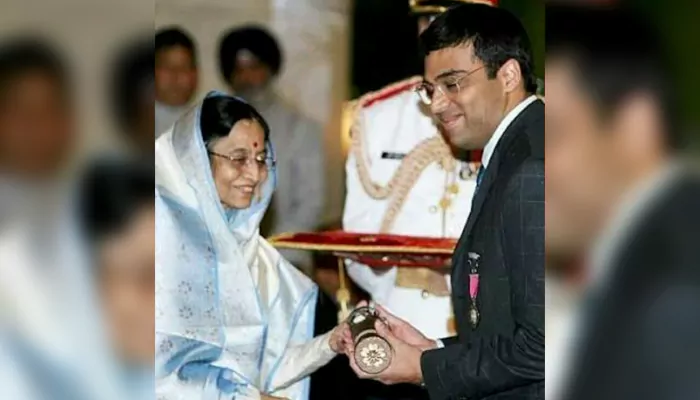
Credit: ragavendrabharathi
But perhaps his most significant achievement has been inspiring an entire generation of players. Today, India features a wave of young grandmasters-many of whom grew up studying Anand’s games.
From the 1995 World Championship duel against Garry Kasparov at New York’s World Trade Center to his tense 2010 victory over Veselin Topalov in Sofia, Anand’s matches were often filled with high-stakes drama.
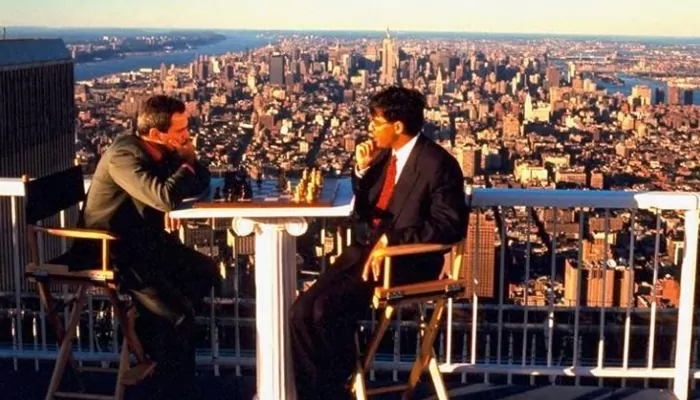
Credit: Chess Base
In 2008, he dismantled Kramnik with fearless preparation in the Semi-Slav Defence. Even in defeats-like the 2013 clash with Magnus Carlsen-Anand demonstrated resilience, fighting back in tournaments and mentoring future champions.
Before Anand, chess in India was a niche activity. After Anand, it turned into a movement. Schools introduced chess clubs. TV channels broadcast live matches.
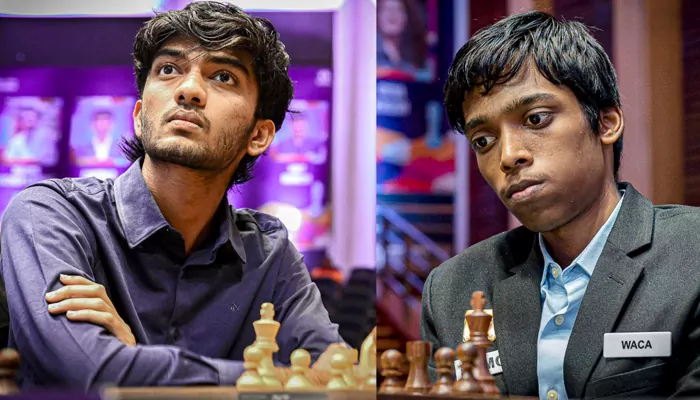
Credit: YouTube
Parents started enrolling children in chess academies. And now, India produces prodigies-like Rameshbabu Praggnanandhaa and Gukesh D-who can challenge world champions before they are old enough to drive.
Independence is more than just political freedom - it's about breaking boundaries, redefining possibilities, and proving to the world that India can excel in any field. Anand's career embodies that spirit.
In a country where cricket often takes centre stage, Anand reminded us that there are many ways to bring honour to the tricolour. Sometimes, the most impactful moves are the ones made quietly.